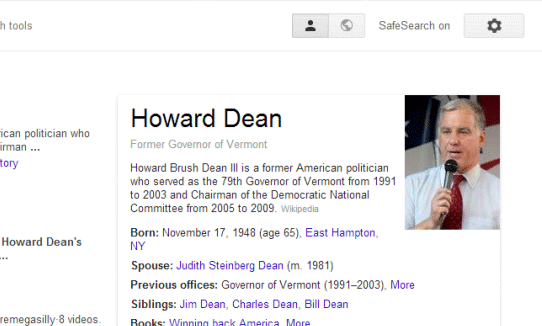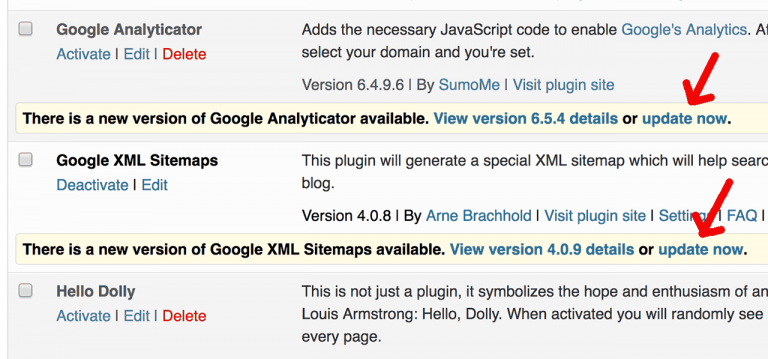What is Reputation Management?

Social Media has been called “essential” for any business by marketing professionals. But while the benefits seem obvious (increased visitors, customer engagement, etc.), there exists more potential for damage to a brand’s reputation. Think about Howard Dean’s run to be a presidential candidate in 2004 which seemed to end with his famous scream during the Iowa Democratic caucuses. The scream became a media frenzy, airing over 600 times in four days on national news broadcasts, not including local news shows. Dean never appeared to have recovered from his outburst of emotion, and from a media perspective it seemed to be the last chapter in his book.
Other events have had a negative impact upon reputation. The reputation of Prince Harry of Wales, while never without controversy, was affected negatively in 2005 when he dressed in a Nazi uniform for a custom party. In 2009, the Peanut Corporation of America issued one of the largest recalls for food products because of salmonella contamination in a factory based in Blakely, GA. Toyota is a company that had its reputation severely tarnished when, in October of 2009, they had to recall close to 4 million vehicles because of a floor matt issue that reportedly caused the accelerator to stick. While the damage was severe, Toyota was somehow able to bounce back. You can read more about what really happened to Toyota in this this MIT Sloan Review, and how the company was able to regain its good reputation in this Forbes article.
“Reputation is something that is both fragile yet resilient. The ability to spring back when it’s damaged takes a keen understanding of the factors and attitudes that shape a reputation to begin with. Too many businesses, however, fall back on lip service instead of developing those insights and acting on them.” – Scott Davis, Forbes
Reputation management doesn’t always have to be about repairing damage, it can also be about building a reputation that fits with the company or individual. Since search results are usually how customers decide whether or not to choose someone, it’s important to know how your brand turns up in search results. And, since 89% of internet users don’t go beyond the page 1 results (AOL), you should be aware of those reviews, opinions, and news stories that are listed first. Knowing how your reputation is perceived by internet searchers is especially important for professionals who rely on reputation – such as doctors, lawyers, and those working in the food business. One negative search result can damage an entire reputation. (This is opposite to the phrase “One bad apple doesn’t spoil the bunch.” One bad search result can negate an entire history of good reputation.
A perfect example can be seen by doing a search for Howard Dean on Google. Even though Dean was the Governor of Vermont from 1991 to 2003, and Chairman of the Democratic National Committee from 2005 to 2009, the second Google search result is “Howard Dean’s Scream” on YouTube.




